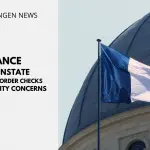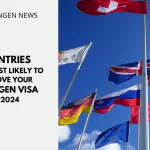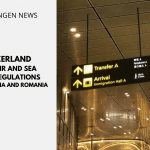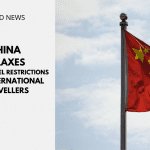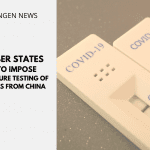Switzerland Drops Quarantine Rule, Opts for Stricter Testing
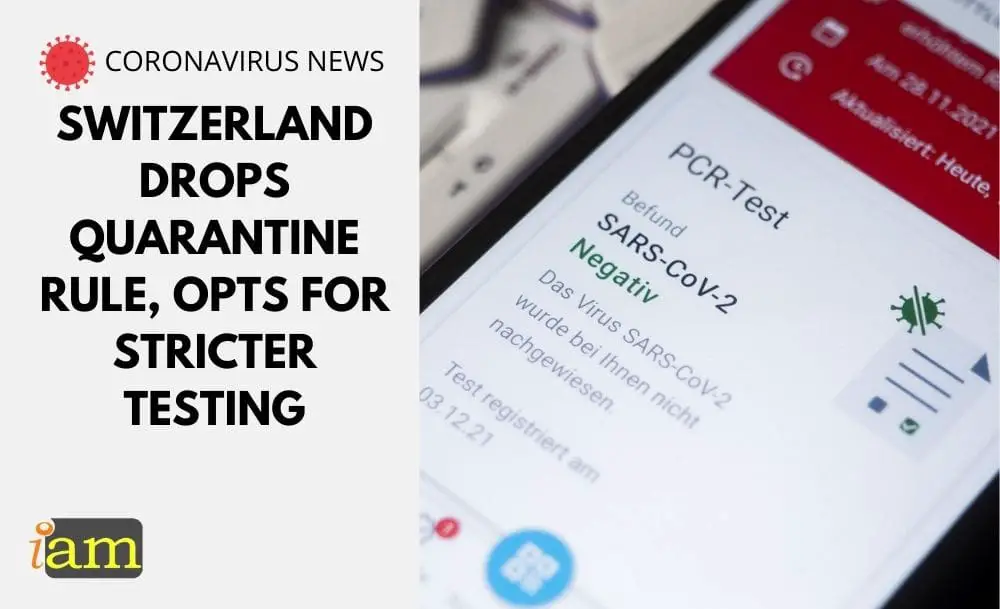
With the detection of the new Omicron variant and rising infection rates, several EU and Schengen member states have decided to review their rules and impose stricter entry restrictions.
In order to prevent the COVID-19 cases from increasing and the Omicron variant from spreading any further, the EU countries have been keeping strict rules for persons who are travelling from Omicron-affected countries.
However, Switzerland is following a different route. After enforcing a quarantine on 27 November, Switzerland has reversed the decision and dropped quarantine for all arrivals starting 4 December.
In order to continue to prevent the new Omicron variant from entering the country as far as possible, a stricter testing regime will now apply for all arrivals into Switzerland. This testing requirement also applies to those who have been vaccinated or have recovered from the disease.
It further explains that since quarantine is no longer mandatory. Travellers will need to take a second test between the fourth and seventh day upon their arrival in Switzerland. The test can be a PCR or rapid antigen and the cost of the tests will be shouldered by the travellers themselves.
Travellers will also need to show proof of vaccination.
Third country travellers who are unvaccinated against COVID-19 and wish to enter Switzerland for a short-term stay will be refused entry. Unvaccinated travellers are exempted from the rule if they show proof of employment or hardship.
Swiss Entry Requirements
All travellers over the age of 16 entering Switzerland, including vaccinated and recovered individuals must provide proof of a negative PCR test taken less than 72 hours before arrival and also complete the Entry Form.
Passengers in transit and those entering Switzerland on urgent medical grounds do not need to provide a negative Covid test.
A second test either PCR test or rapid antigen test must be carried out between the fourth and seventh day of entry.
Swiss Vaccination Requirements
Switzerland recognises the following vaccines:
Pfizer/BioNTech, Moderna, AstraZeneca, Johnson & Johnson, Covishield, Sinopharm, Sinovac and Covaxin.
The vaccine must have been administered in the previous 12 months. Switzerland is one of the world’s first countries to enforce booster vaccine restrictions. If your vaccination dose is older than 12 months, you’ll need a booster vaccine to enter Switzerland.
Switzerland requires a full vaccine certificate with your surname, date of birth, date of vaccination, and the vaccine used. Travellers who don’t have the EU Digital COVID Certificate can apply for the Swiss COVID Certificate. You can apply online and applications take up to 5 working days to process.
What are your thoughts on this issue? Talk to us in the comment section below.
Check out the deals we have found below and tell us your travel plans.
Check out the offers and discounts from:
And because of the pandemic, don’t forget to get your travel insurance, which will cover you for flight disruptions and pandemic related matters.
IaM can help with your visa application to the United States, the UK & other countries
If you need help with a US visa, a UK Visa, or visa to Europe, including help with appointment booking obligations, IaM can help. For more information and advice on US immigration, UK immigration law and US visa applications or if you need any help or assistance please, reach out to your Visa Coordinator at IaM.
Some of our posts include affiliate links. If you choose to purchase any of these products, we might get a small commission. For more information, check out our TOS.

